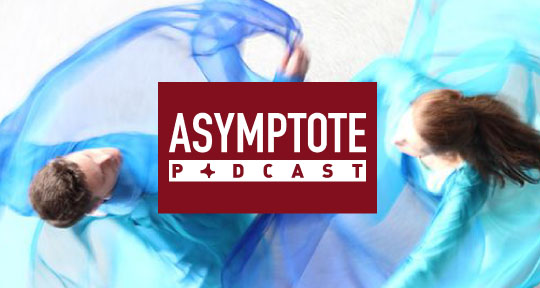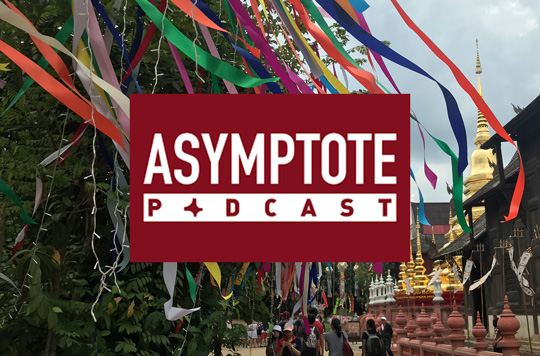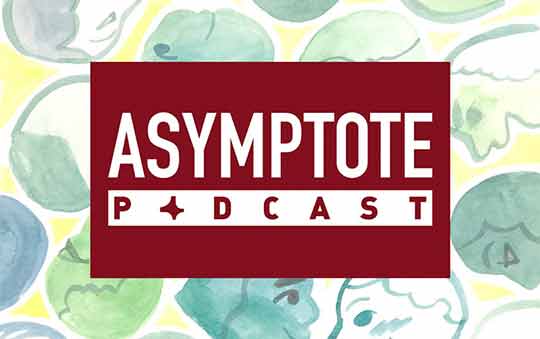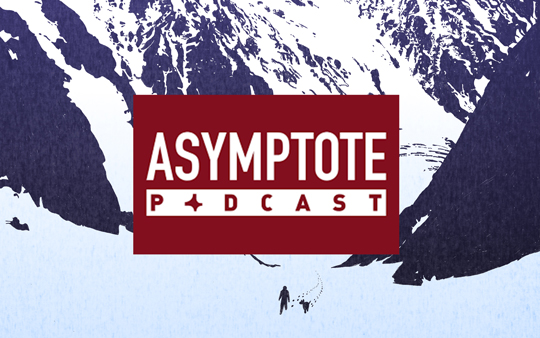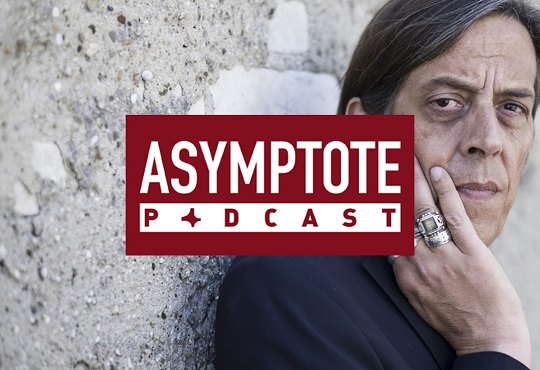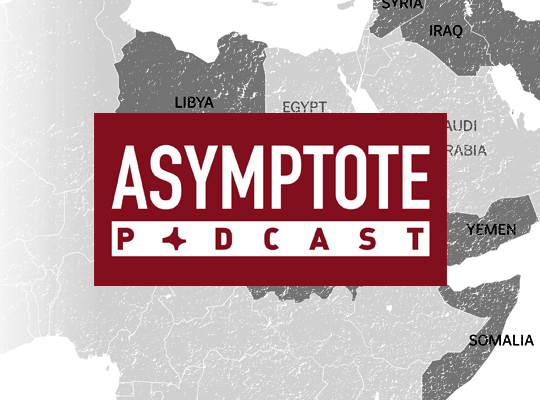Podcast: Play in new window | Download
Subscribe: iTunes | Android | RSS
Podcast editor Dominick Boyle speaks with translator Olivia Hellewell, whose stellar translation of an excerpt from Katja Perat’s The Masochist earned her first place in the fiction category of our 2019 Close Approximations Contest and $1,000 in prizes. Set in an impeccably researched past, the novel gives Leopold von Sacher-Masoch—the (in)famously eccentric aristocrat after which masochism is named—a fictional daughter. The excerpt, featured in our Winter 2019 issue, depicts protagonist Nadezhda Moser as a woman of powerful wit and will to address issues that resonate with the present day. Dominick and Olivia sit down to discuss what drew Hellewell to translate from the Slovenian, what it’s like to translate from a language with a smaller stature on the world stage, and more.





